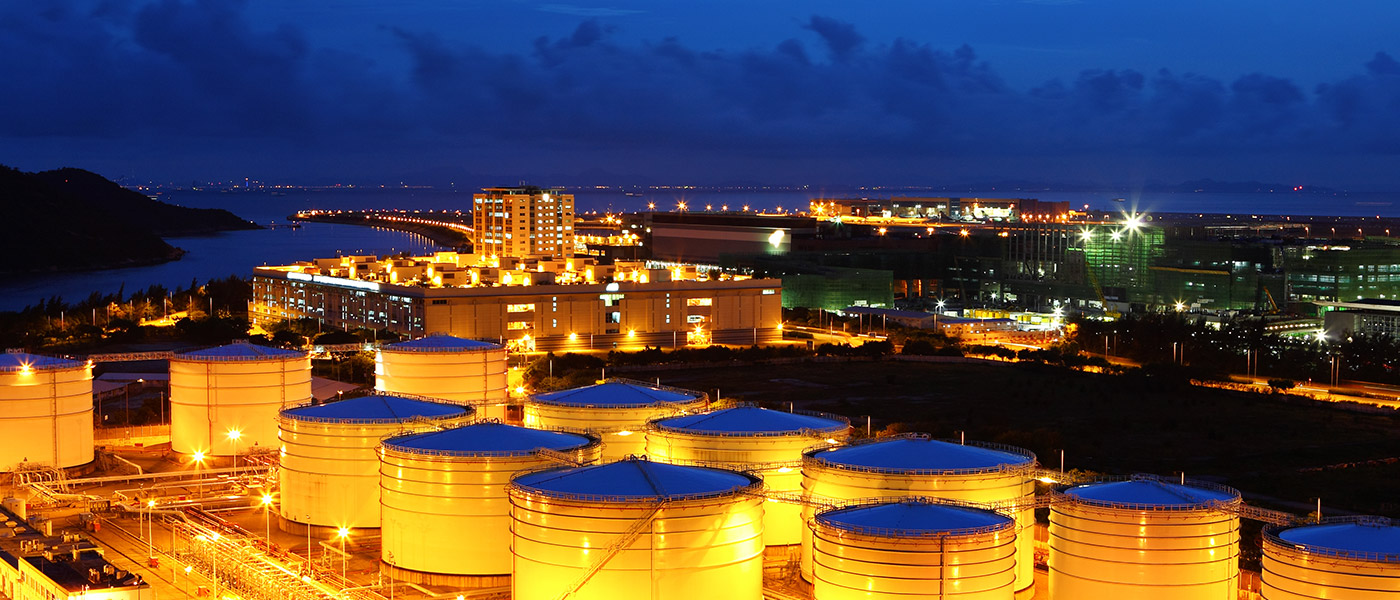Key Elements of The 2017 National Petroleum Policy
Posted on Tue 22 Aug 2017
- Download Resource
-
Industry Structure and Operations
The NPP envisages a petroleum industry that will be driven by partnership between the public and private sectors with clear separation of roles between the government sector and the private sector. This is intended to facilitate a new Industry Structure with a clean break from the past and one where the private sector is allowed open access to operate and build the market while the Government concentrates on developing and implementing incentivizing and non-discriminatory policies, legislation and regulations, and will only participate through the corporatization of state-owned enterprises. To achieve this, the new policy proposes the unbundling of the NNPC and its replacement with the NOCN as a corporatized legal entity to be run in accordance with good corporate governance codes applicable to private companies. The NOCN will: (i) be responsible for managing the FGN’s interest in JVs, PSCs and other upstream, midstream and downstream projects (ii) be treated on an equal basis with private sector operators (iii) not be subjected to the FGN’s appropriation cycle (iv) have a capital structure which enables asset based financing, combines tax efficiency and financial flexibility, and minimizes financial and business risks, and (v) develop a dividend payment and earnings retention policy in order to ensure predictability of its returns to the FGN. The purpose of the envisaged new structure is to create in Nigeria a market-driven oil and gas industry, structured to meet the vision of a nation where hydrocarbons are used as a fuel for economic growth and not simply as a source of income.Also intended in the NPP is the development of resources, infrastructure and markets in the upstream, midstream and downstream operations in the petroleum industry. The NPP intends to encourage an environment that ensures deliberate exploration and production in other regions of Nigeria, outside the Niger Delta provided it is commercially viable. In furtherance of this, promotion of upstream development activity in inland and offshore basins is intended, including the review of the commercial terms upon which titles in inland basis are held.
It is also envisaged that the allocation of all petroleum blocks, licences, leases, licence renewals and licence extensions will be done following a transparent competitive process that allows local community participation through local community vehicles. Licence renewals or extensions is intended to be based on licence holders making progress in meeting their exploration or production targets, gas flare down and gas supply obligations. As an indication of its commitment to develop the domestic petroleum industry, the Government is expected to continue with the policy of marginal field awards to indigenous players.
More Insight
 Fri 21 Mar 2025
Fri 21 Mar 2025IP PROTECTION FRAMEWORK IN NIGERIA - TRADEMARKS
 Wed 18 Dec 2024
Wed 18 Dec 2024SEC’s Draft Rules Facilitate Pension Funds’ Investment In ...





